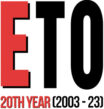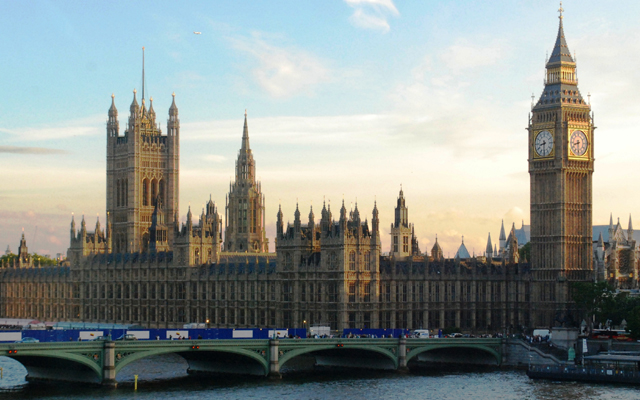Recently released government proposals ‘to clean up the internet’ include plans to block payments made to websites which fail to show a robust age verification system in place and working. According to The Daily Telegraph, the paper “has learnt that banks and credit card firms will be asked to hold back cash from customers of websites hosting explicit – although still legal – material if they are unable to implement restrictions to stop underage children from accessing it.” It adds, “It is thought to be the first time [UK] banks have been asked effectively to police the internet in such a way.”
This move, unlike ATVOD’s existing remit, is expected to have an international focus rather than just impacting upon UK business. Banks and credit card firms may be asked to withhold cash from sites which are blacklisted for inadequate age verification controls. However, this will not address the many free, unrestricted Tube sites, or file sharing via BitTorrent or other P2P methods, as these have neither age verification nor payment systems and are funded via advertising revenue and/or ‘click-throughs’.
Various financial institutions including the UK Cards Association, the British Bankers Association and the Payments Council will meet with ATVOD and OFCOM this month to discuss options, with the hope credit card firms will sign a voluntary deal not to process payments involving specific sites. However, The Daily Telegraph added: “Government sources have made it clear that ministers would be prepared to consider legislation, if necessary.”
Details of the plan, and potential punishments for transgressors, are expected to be released soon following further work on the fine print. Ahead of this, the minister for policing and criminal justice, Damian Green, commented: “The government supports the work that ATVOD has undertaken. This will explore with UK financial institutions and card companies the possibility of declining to process payments to websites operating outside the European Union which allow under-18s in the UK to view explicit pornographic content.”
Through the actions of ATVOD, “ministers are also backing efforts to encourage the internet industry to develop ways of verifying the age of individuals viewing websites”, he added, according to the paper. One such way may be to restrict payments to credit cards only – which are not available to under 18s, unless ‘borrowed’ from a friend or relative.
While acknowledging “This is material which is lawful for adults to view,” Pete Johnson, chief executive of ATVOD, told the Telegraph he believes it’s not appropriate to block all websites that provide free hardcore pornography outright. Explaining how the sites are funded, he explained: “This free, easy-to-access content is not being made available as a public service, it is being made available as a business model. Essentially, you provide a lot of stuff for free, you get millions and millions of people to access your website, and then you sell them the premium rate of the service, which has higher-quality images, longer scenes, a wider range of content and all the rest of it.”
How payment blocking in the UK would affect the global income of such sites was not addressed. However, Johnson added that financial services firms, including credit card processors, had given “a very positive response” to the proposed scheme.
While potentially good news for the adult retail sector, some have seen this as evidence of a concerted anti-porn movement within government, while gambling and alcohol restrictions have been lifted in recent years. Earlier in 2013 Prime Minister David Cameron launched a new initiative to censor internet content by having ISPs filter ‘objectionable material’. It’s the Prime Minister’s hope that all new broadband contracts will have these restrictions imposed by default, with an option to opt out (and opt in to porn), while existing customers will also be required to make a choice about their service and what it will be able to access.
Also intended to tackle the ‘online porn problem’, Google and Yahoo have been invited to report back on progress, following a July meeting with the PM when he demanded they look at blocking explicit web search results.




![20 years of ETO: Harmony, Charing Cross Road, London [reprinted from issue 1, July 2003]](https://www.erotictradeonly.com/wp-content/uploads/2023/08/NEWS_20YEARS_HARMONY_ISSUE1-238x178.jpg)











